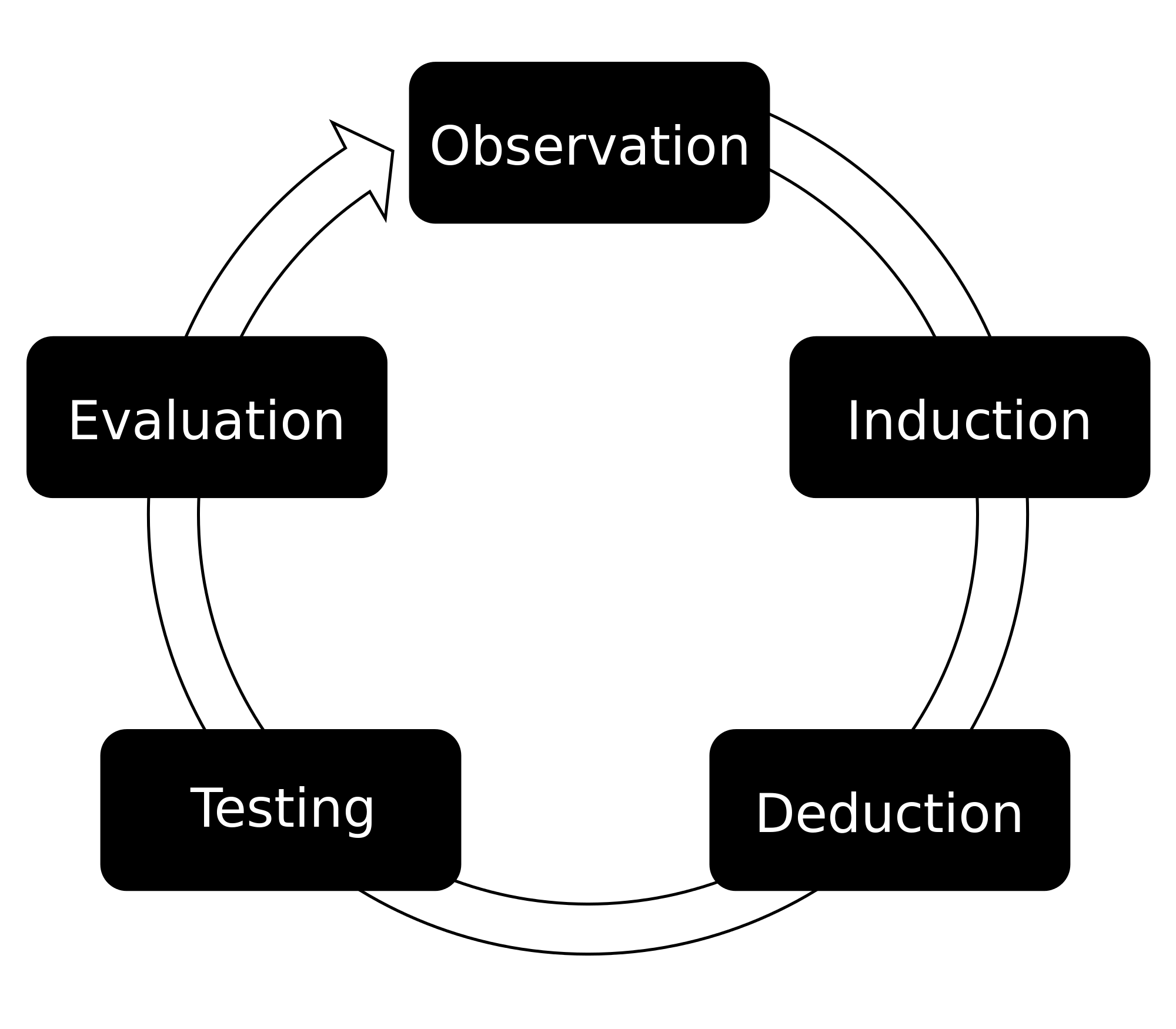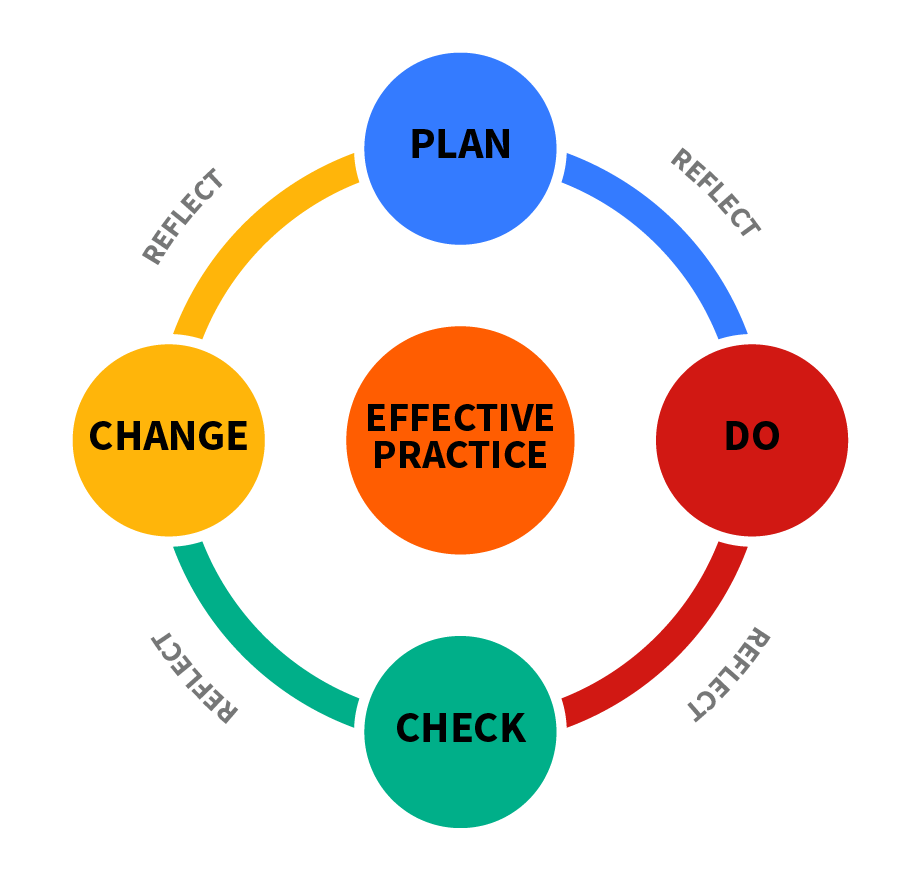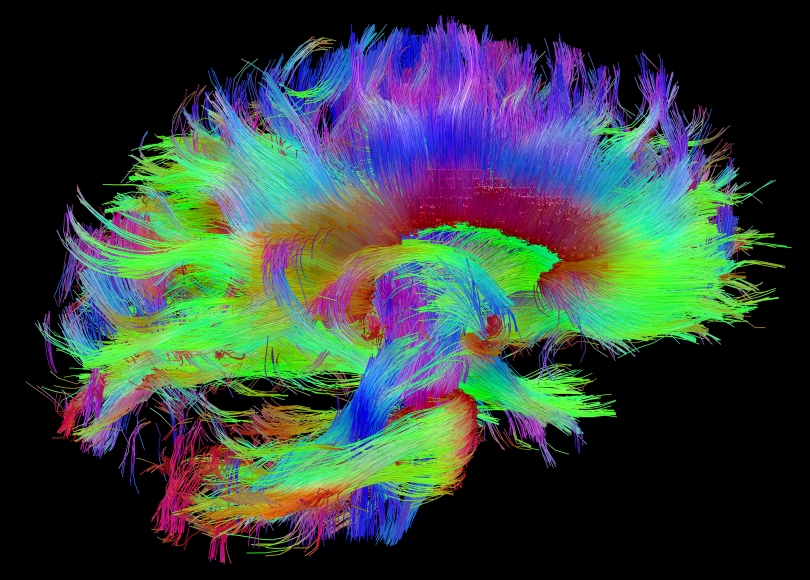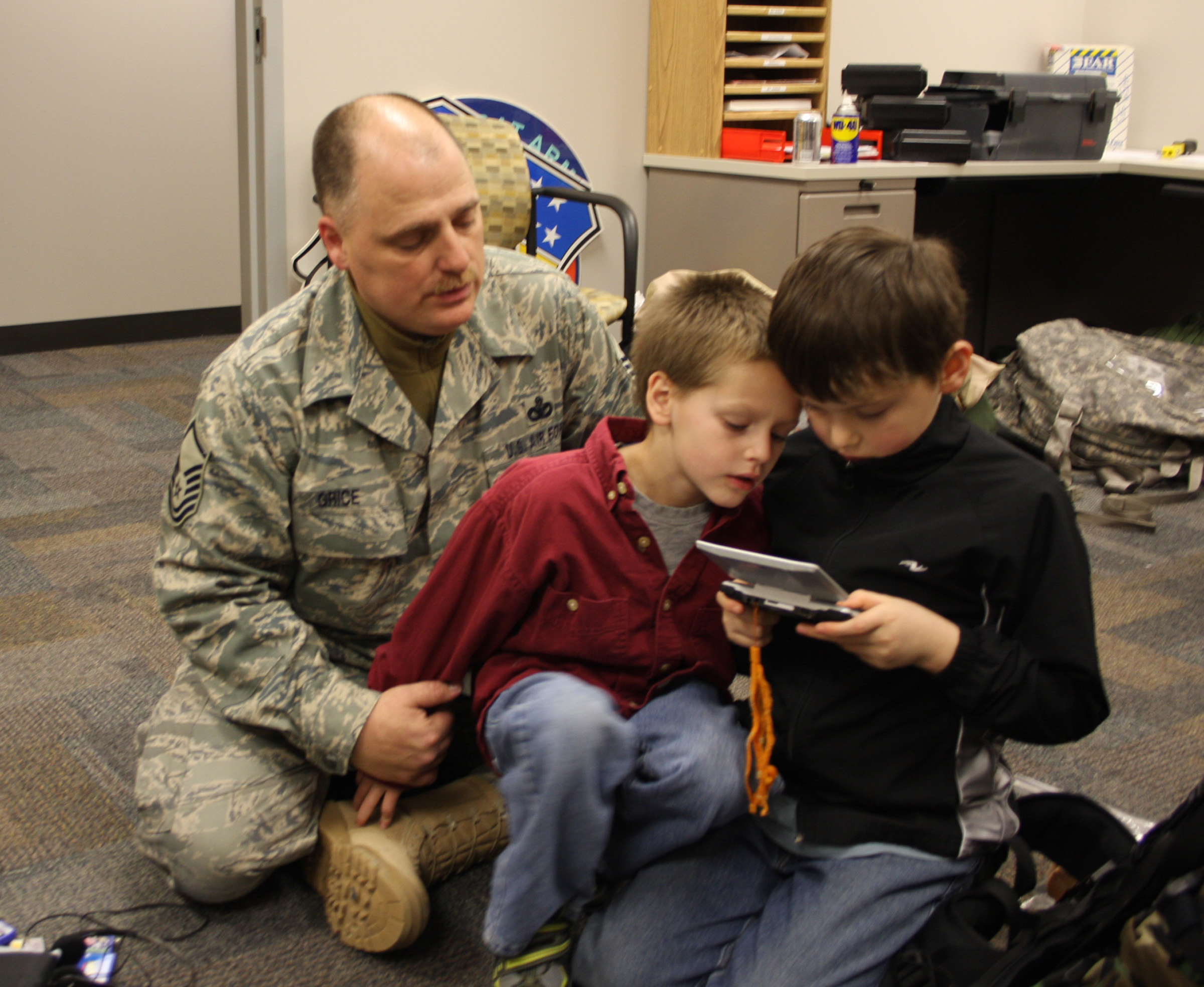Oh, look where we are. Again.
Another school shooting. Another cry for some reason, some order to the chaos to be found. Another promise to find and extinguish the problem, once and for all.
The problem is not multifaceted, of course. It doesn’t have anything to do with the ease of purchasing weapons, or unsafe storage habits, or poor funding of mental health supports, or a lacking sense of community. It doesn’t have to do with people not learning how to speak to each other civilly when they have a problem, or regulate their emotions. It’s not about the rampant empathy problem our society may or may not be suffering from.

No, it’s none of these things, of course. It’s all caused by those damn video games and movies. Simple. Easy. One-and-done. Simple solutions to complex problems. Everyone just hand in your controllers before you try to trade them up for an assault rifle and start indiscriminately firing into the crowd.
When The Well-Red Mage posted his Sixth Big Blogging Question, he called for temperance. He asked for responses not ally with one side of politics or another.

I’m sorry. I can’t be calm for this one. Children are dead, and our lawmakers have responded by making a skewed video about how bad and horrible video games are. They responded by exploiting an easy target so they can pretend to address the multifaceted and terrifying issue that does not have a simple or easy answer.
Children are dead, and I will not stay calm.
Video games do not cause violence. Children’s environments can shape their behaviors, and repeated exposure to violence in media (or in real life) may cause children to become aggressive adults in certain situations, but there are many factors that go into making a person violent that can’t be ignored either.
Let’s go step by step.
Playing Violent Video Games Does Not Cause a Person To Perform Violent Acts
There is currently no data that show that taking a perfectly non-violent adult (or child) and inserting video games into their life magically turns them into a violent person. When using a word like “cause,” we need to be sure that the first even (playing a video game) is the reason the second event (violence) happen. And this is not the case. If it were, there would be far fewer stories talking about how “I played violent video games for XX years and I never killed anybody.” If one thing causes another, it happens every time (or almost every time).

Playing Violent Video Games May Cause an Increase in Aggressive Behavior, but Increased Aggression Does Not Mean a Person Will Become Violent
Aggressive behavior is a non-physical act performed with the intent to harm someone. So, if I call someone a jerk, that’s aggressive, but not violent. If I then proceed to bash my Playstation controller into their face, that would cross the line into violence, which is a physical act performed with the intent to harm someone.
That’s a ridiculous example, of course, but the point is the same.
I don’t think I was quite clear enough in the Part II of my violence and video games series, but while the research suggests that there may be a link between exposure to violence (in the physical world and in media), it suggests just that: there may be a link. Some of these studies lacked certain controls that I would want good research to have, such as having a control group, but even a weak link, in this case, is worth giving at least a cursory look, in my book.

After all, if there may be a link between two things, more research needs to be completed at the very least, in order to determine whether or not the link is verifiable.
However, it is also worth looking at the incredibly complex process that is the learning process.
If an individual is neurotypical, and they claim they are tone-deaf, you should tell them that they are not, in fact, tone-deaf. The reason they have trouble singing on pitch is because they were usually not exposed to quality music as a child, and most folks were either too self-conscious to sing, or were prohibited from singing by their parents, so their brains did not learn the complex-yet-simple process of carrying a tune. Singing on pitch is, for most of us, a learned behavior.

What does this have to do with video games? A lot, actually. Learning is learning. Children learn how to think and behave through observation, experience, and referencing.
Observation of a stimulus would be watching a movie, or the graphics of a game. Experience would be the one holding the controller (so to speak) and thus controlling the acts on the screen.
Referencing is the other part that no one ever talks about with these debates. If a child is left to play violent games or watch violent shows or movies and have no other information given to them, the child will logically assume that what they are seeing is a “right” or “good” thing. This is part of a learning cycle of observing, testing behaviors, and analyzing the consequences.

When violence is glamorized (or even just presented in some form), children need a counterbalance to know where the line is between acceptable and non-acceptable behavior out in the real world. It’s okay for that cop (the good guy) to shoot that guy, because it’s just a TV show. It’s okay for that superhero to beat the crap out of the villain because it’s just a comic book. It’s okay that Claude snipes people from the rooftop in Grand Theft Auto III because it’s just a video games.
And video games aren’t real. Movies aren’t real. Nice people don’t hurt people in real life, do they, small hypothetical child of mine? If you want to do that on the computer, that’s fine. It’s not real. You’re not really hurting anyone….”
The line is thus drawn and enforced, and when my hypothetical child rolls his or her hypothetical eyes and says of course they know it’s not real, then they have also reinforced this idea for themselves. They are helping teach their brain that emulating what is on a screen isn’t the right way to behave.
In my other posts, I used a backyard game as an example. Even though we might pretend to “fight” with sticks, we never really hit each other because the social consequence is swift: parents yell, friends get mad, and you decide that hurting people isn’t a good thing.

Those social reference points are important for any stimulus, especially when being exposed to stimulus that could potentially teach someone to act in a way that is not socially acceptable.
A parent’s influence and guidance can counterbalance a lot of observed information, and even experienced information. But society, too, needs to help them out a bit.
A Lot of Factors Go Into This
In 1999, two students walked into Columbine High School and murdered 12 students and one teacher. These boys had previously been arrested, and were outcasts at school. Parents of schoolmates had called the police because they thought the young men who would become the shooters were dangerous, citing death threats posted on a blog.
Well… 12 students and one teacher were murdered. So I guess that didn’t work out too well.

In 2012, a man walked into an elementary school in Sandy Hook, Connecticut, and killed 20 small children and 6 teachers. It was reported that his mother – who owned a number of assault-style weapons – was afraid of him. He had become reclusive and spent much of his time in his room playing video games. He had threatened to kill his mother and shoot up the school. When this was reported to the local police, they bounced the responsibility to the state police.
Well… 20 children died and 6 teachers died trying to defend them. So I guess that didn’t work out too well.

Perhaps playing video games can make someone a more efficient killer, at it can give a person practice (of a fashion). And perhaps being exposed to violent media can desensitize that someone to killing people, as the victims on the screen are just characters in a game.
But perhaps there is ever more to these sad stories than people playing a violent video game and suddenly thinking it’s a good idea to become mass murderers. Maybe we should have better funding for mental health concerns, so those who exhibit warning signs of violence (toward themselves or others) or who have a shaky concept of what is real and what isn’t can be given more than a pill or a stint in a juvenile detention center.

Maybe we should have serious talks about guns, gun safety, and gun culture, because in all seriousness no sane person is trying to “take the guns away,” but no sane person is saying there isn’t a real problem, either.
Maybe we should stop focusing on all the distractions that people in power try to throw at us so we fight amongst ourselves over stupid, trivial reasons, rather than encouraging us to come together and solve a community problem as, you know, a community.

Maybe we shouldn’t lose sight of the forest because we are too busy looking at the trees.
In Our Sights
But what do we do as a society? We react. A mass shooting occurs, and we react. We send thoughts and prayers. Video games are blamed and then forgotten about. Video gamers defend video games, and then move on.
And children are still being murdered.
So we react. Again and again, we react.
But we never change. We let it happen. We talk about how it’s something else’s fault, somebody else’s mistake. We congratulate ourselves and our first responders when only 17 children are murdered. We don’t realize that we are becoming desensitized to the violence, and not because of video games.
But yet we bellyache about video games anyway, we bellyache about movies, we don’t ever talk about our gun culture, but we do change our profile pictures, feel good about ourselves, and move on.
And children are still being murdered.
So, are video games to blame for violent mass shootings?
No. But I’m beginning to think complacency is.
Thoughts? Open-ended today; I’m interested in hearing any opinions on the matter.
Thanks for stopping by, and I’ll see you soon!
~Athena
What’s next? You can like, subscribe, and support if you like what you’ve seen!
– Support us on Patreon, become a revered Aegis of AmbiGaming, and access extra content!
– Say hello on Facebook, Twitter, and even Google+!
– Check out our Let’s Plays if you’re really adventurous!



Thank you for writing this. I’m also tired of this link being brought up constantly. It’s such a basic idea, so clearly completely off base. Sure, there are possible links between short-term aggression and violent games but even that is so tenuous and is nowhere near being a causal link between games and mass shootings.
Patrick Klepek did a fantastic interview with a sociologist who specialises in the link between videogames and violence this week, as part of the Waypoint series about guns and games, which everyone should listen to. It hits on all the points that you bring up and talks about the academic research around these issues: https://waypoint.vice.com/en_us/article/d35zyx/we-know-games-dont-cause-real-life-violence-but-why
LikeLiked by 4 people
Thanks for sharing this link!
LikeLiked by 1 person
This is a great article. Thank you for sharing!
Causal links between video games are not supported at all. There is no way to “insert video game” and “output violent person.” Aggression and violent behaviors are much too complex for that. I hope we’ll start to see more real, unbiased research into this (longitudinal studies, perhaps) that can finally put this to rest, along with any other “media causes violence” nonsense…
LikeLiked by 1 person
I feel absolutely mortified by myself and my actions. I rant about the problems, I complain about the lawmakers, but I, as the mother of a toddler, haven’t done much toward actual actions. You’re statement at the end was incredibly well-put and very hard to swallow. But you’re right, the desire to push blame or ‘raise awareness whatever that means’ are just forms of complacency and a selfish desire to ‘look’ like you care when you don’t actually take any steps toward fixing the problem. I know, and you know, that video games are not the main instigator. The research just doesn’t show anything like that. But me, standing by, saying ‘i and the thing I love aren’t the problem’ is just another form of me passing the buck… much like our lawmakers trying to blames video games.
So, call to action… my only concern is that I don’t know what the action can be. Where can I, a 30-something-year-old make a difference in this fight? As a psychologist/therapist, have you got any tips for me?
LikeLiked by 3 people
I certainly didn’t mean to mortify anyone. It’s easy to want to be “above” the muck of issues that are so wrapped up in feelings and politics, or to feel so overwhelmed it seems like there is nothing you as one person can do. But having said that, if you’re moved to action, then my article has done its job.
Regarding what you can do, it depends on what scale you are looking at. There are plenty of advocacy groups to get involved with and… I’m just going to mention that googling “Everytown for gun safety” is a really interesting thing to google… This isn’t a political blog, and each side has its merits, but it’s something interesting to look at if you’re interested.
But I think one of the most important things to do now is speak with one’s vote. If something bothers you, reach out to your representative and your senators, educate yourself about the issues and candidates’ stands on them, and vote. Bring your friends to the ballets. Make it a voting party. But go out and make an *educated* vote.
Regarding what you can do with your child, be a good parent. That sounds so simple and so hard, but know what your child is watching, listening to, or playing, and be willing to both say “no” if you don’t think it’s appropriate, but also be there to frame some of the scarier or confusing things that might pop up unexpectedly. At the end of the day, having loving and involved parents is so important for a child’s development.
LikeLike
Incredibly well written and thought out.
My stance has been not to have a stance. I tell myself it’s because I believe that the argument is born of ignorance. So why engage? Why feed into the fear mongering?
“And children are still being murdered.
So, are video games to blame for violent mass shootings?
No. But I’m beginning to think complacency is.”
That’s why.
You’ve given me much to think on.
LikeLiked by 2 people
If I’ve given you much to think about, then I have done my job well.
LikeLiked by 1 person
Well, the first step to changing this situation would have to be getting the NRA and other rich folks that are heavily invested in the weapons industry to stop actively spreading misinformation and blocking legitimate research all so they can protect their toys and wallets. It’s gotten to the point where there is too much evidence for everyone to keep denying that this is going on (look up the Dickey Amendment and then ask yourself why you’ve never heard of it before), though to be honest, I have no damn clue what we can do about it. How do you fight people who have enough influence and money to manipulate the media and even our laws? I sure don’t know.
LikeLiked by 1 person
Not giving up is the first step, I think. As I mentioned to Teri above, there are organizations to get involved in, there are people that can be connected. This isn’t a political blog, so I’m going to go back to talking about video games.
I don’t think I’ve ever played a game where the hero sat back and accepted how things were. There’s always something people can do. Maybe we can’t solve the problem with swords and shields, but battles can be won and lost with pens and ballets, as well.
LikeLike
This article gave me a lot to think about. Gun violence is, AFAIK, higher in Argentina than in the USA, but mass shootings are practically unheard of. So, while it is something I pay attention to, it is not part
LikeLiked by 1 person
(I am so sorry, I accidentally dropped my tablet and my half-written reply got posted.)
As I was saying, while it is something I pay attention to, it is not part of my immediate reality and perhaps I am out of place commenting here. Even so, I thought this was an interesting article: https://fivethirtyeight.com/features/school-shootings-are-still-rare-and-that-makes-them-hard-to-stop/amp/ .
LikeLiked by 2 people
Thanks for the link! I’m honestly not sure of the difference between gun violence in Argentina vs USA, but I certainly wouldn’t wish mass shootings on any community, regardless. Everyone is entitled to their opinion, though! There are folks here who have talked about the gun laws in other countries as comparisons, so I think discussing things like this with someone with an “outside” perspective can be helpful.
LikeLiked by 1 person
I think we have much less accidental deaths and no mass shootings. If you exclude those two things, though, the number of deaths per inhabitants are quite similar. And that is slightly shocking because gun ownership is lower here. I do not know what percentage of that is related to organized crime or law enforcement, though.
Honestly, I wish gun laws here were stricter. We have restricted ownership, you have to be 21 or older, and have to pass several background checks (criminal record, mental health and medical), but there are no interviews with partners or next of kin. In a country were domestic violence and femicides are ridiculously high that should be a priority.
LikeLiked by 2 people
There are a lot of weaknesses in the system, to be sure. It sounds like even the “common sense” laws aren’t enough, though, which is unfortunate. I’d agree that talking to family members would be pretty important… they’re not invested in the person buying a gun and might bring things to light that would be important to know…
LikeLiked by 1 person
As a Canadian, I don’t think it’s my place to comment on America’s gun control issues. I know in Canada we have some pretty strict laws, but a few mass shootings have still occurred here. Criminals will always get weapons, but it doesn’t hurt to make them harder to get, in my opinion.
Video games and violence… I can’t believe they still default to this instead of addressing the REAL problems (poor parenting, stigmas attached to metal illnesses, lax law enforcement, etc.). It’s just easier to blame something to grab headlines and distract from solutions that require, you know, actual effort. I remember doing a little thesis on this topic for my Grade 12 Sociology class. I think I found a cool graph the showed violent crimes actually decreased when Doom (something idiot lawmakers were quick to declare evil) was first released. Also, humans are violent creatures by nature. We’ve been doing very twisted stuff to each other for centuries, long before any sort of electronic media was around. We’ve actually come a long way as a species, but it will take time before we completely overcome our violent nature. Nature is a violent place where the strong survive by hurting the weaker, but as a civilized society we have evolved passed the need for that archaic mechanic.
I also like your point about aggressiveness. Personally, I feel more aggressive after playing FPS games, but I’m not going to act violent because of that. I’ve always thought violent video games are nice little sandbox to vent on pixels that aren’t real people.
Finally, it’s incredibly sad children and people are dying to gun violence. The media is just looking to cover the latest awful thing for views, and I find that disturbing. Every second that ticks by, someone on this planet died because they were hungry. I can see us soon becoming desensitized to gun violence in the same way as well 😦
LikeLiked by 2 people
I would agree, and argue that the video games are violent because we as a species are violent, not the other way around. I’m not sure there will ever be a way to truly overcome our nature, but it should be with that in mind that we try to limit the damage the more violent members of our society can inflict, for sure. If murdered children isn’t enough to move a society… well to me, that’s the most concerning thing of all.
LikeLiked by 2 people
Love that point! Games didn’t make us violent, we made the games violent. You’re probably right about us never being able to overcome it completely. Violence is sadly a needed thing in nature, but not in our civilizations. Violent people need help and should not be ignored by law enforcement when they are reported, ever. That would prevent so much of this misery.
That’s another thing that worries me about the desensitization of these mass shooting events via media over-coverage. I think most people don’t really feel attached to the awful events unless someone they know is directly involved, thus being less likely to take actions to change things. 😦
LikeLiked by 2 people
They can shove their “thoughts and prayers” up their a**! Shock is clearly not working so we need something to discredit the lobbyers the same way they try to do with us. You think you can pidgeonhole us into the words lazy and entitled. I think the f*ck not! Do you know how many of us suffer from anxiety disorders because getting into college is increasingly difficult and pricey? Do you know the number of hours we put into our schoolwork, our extracurriculars to polish our stats to offer to the gatekeepers of our future (aka the admission officers)? So no, we’re not the snot-nosed kids you think we are anymore. I wish I could say that we are because we’ve had to deal with the sh*tty economy and gloriously ineffective policy makers growing up and knowing that if we don’t do anything, we will end up just like you… and that, is the worst we can do. So no one has the right to demonise one of the things we take joy from because this world is too depressing to deal with all the time. You keep your nose in the “adult” things you should be doing and one of that is keeping your children safe and let us take care of the future.
LikeLiked by 2 people
This is certainly a charged issue, and you’re right that hiding behind “thoughts and prayers” is not enough. Most people try to blame someone else, which isn’t right. Before games, it was rock ‘n’ roll, or movies, or whatever entertainment medium could be believably blamed. It’s not right, but I think we’re beginning to see people speaking up about finding real solutions to the problem, instead of always defaulting to the blame game.
LikeLiked by 2 people
Reblogged this on DDOCentral.
LikeLiked by 1 person
Simple solutions to complex problems. When a tragedy happens, people will gravitate to them. Doesn’t matter that the solutions make sense, are actually going to solve the problem, or even get at the problem in the first place. They’re operating by force of emotion, and emotion doesn’t care about that. Emotion just wants action. Doesn’t matter if it’s the right action. Could even be harmful action. Emotion just wants them to feel like they’re doing something, whatever it is. Critical thinking erodes in the face of emotion, and coming from the people we need it from the most, it just leads to bad decisions on a massive scale.
LikeLiked by 2 people
Yep. It’s always the same old story, isn’t it? But one would hope that the people in power would have the intelligence to know that reacting in emotion isn’t the way to solve a problem. You know, be leaders and all that. Hm..
LikeLiked by 2 people